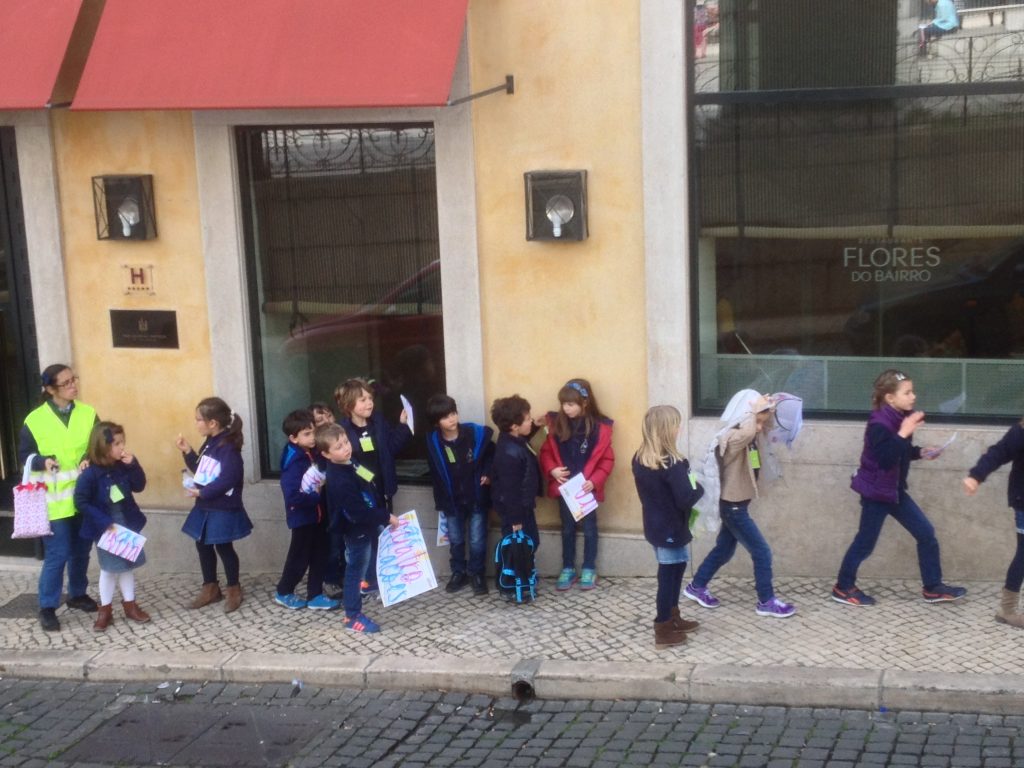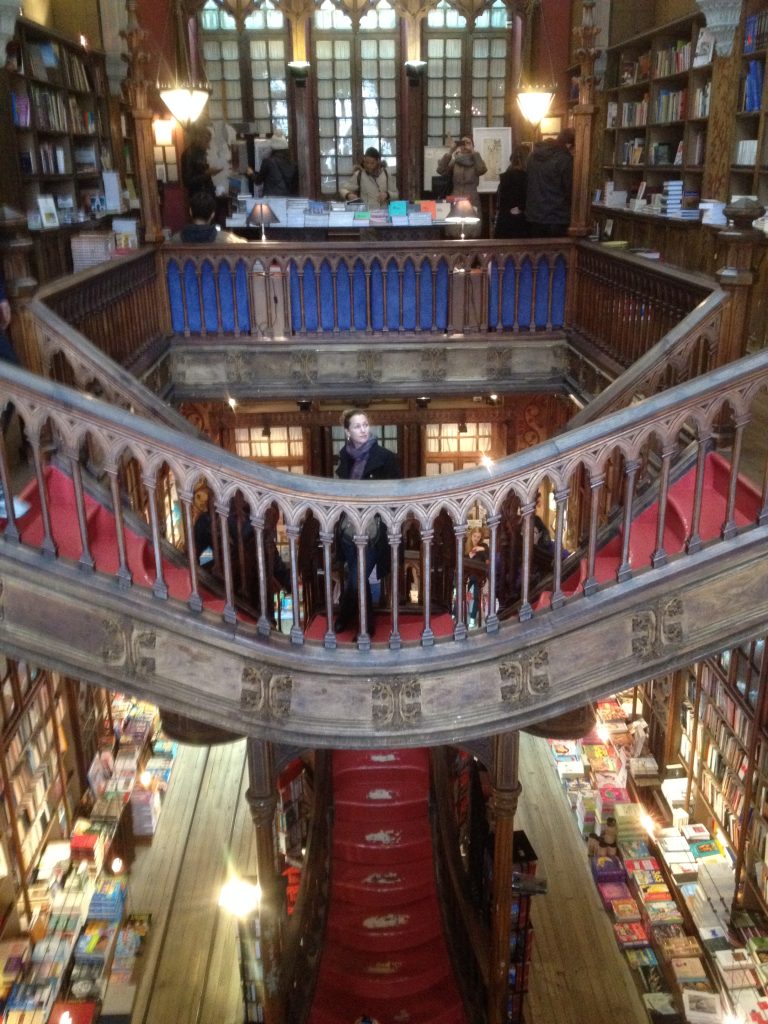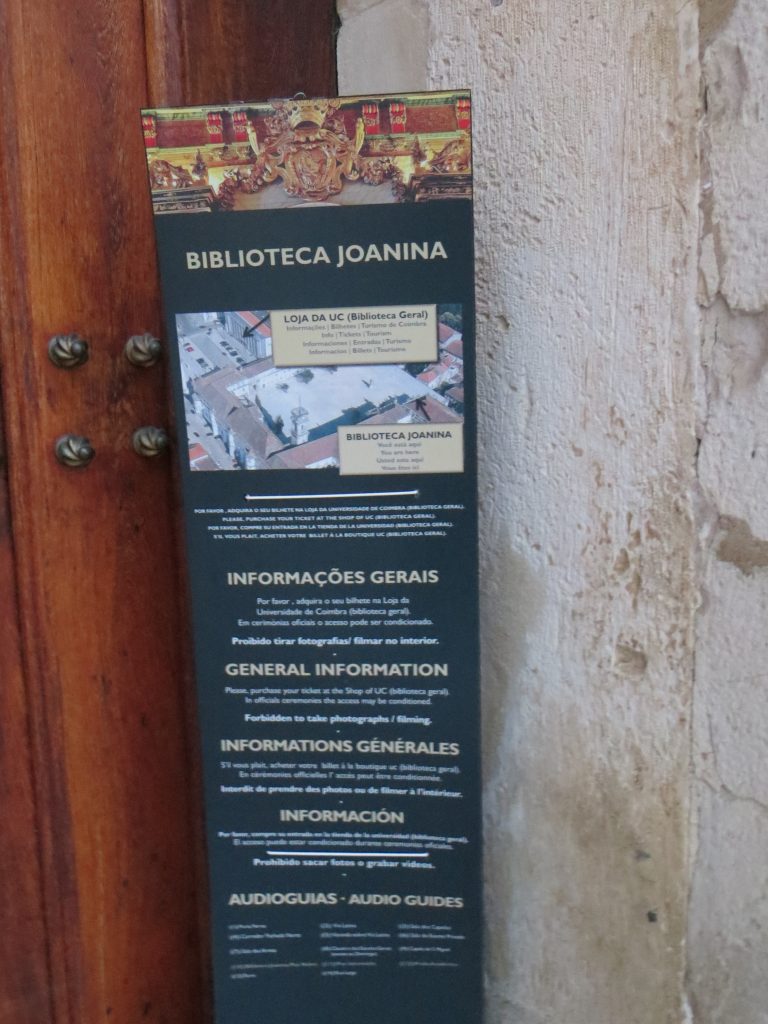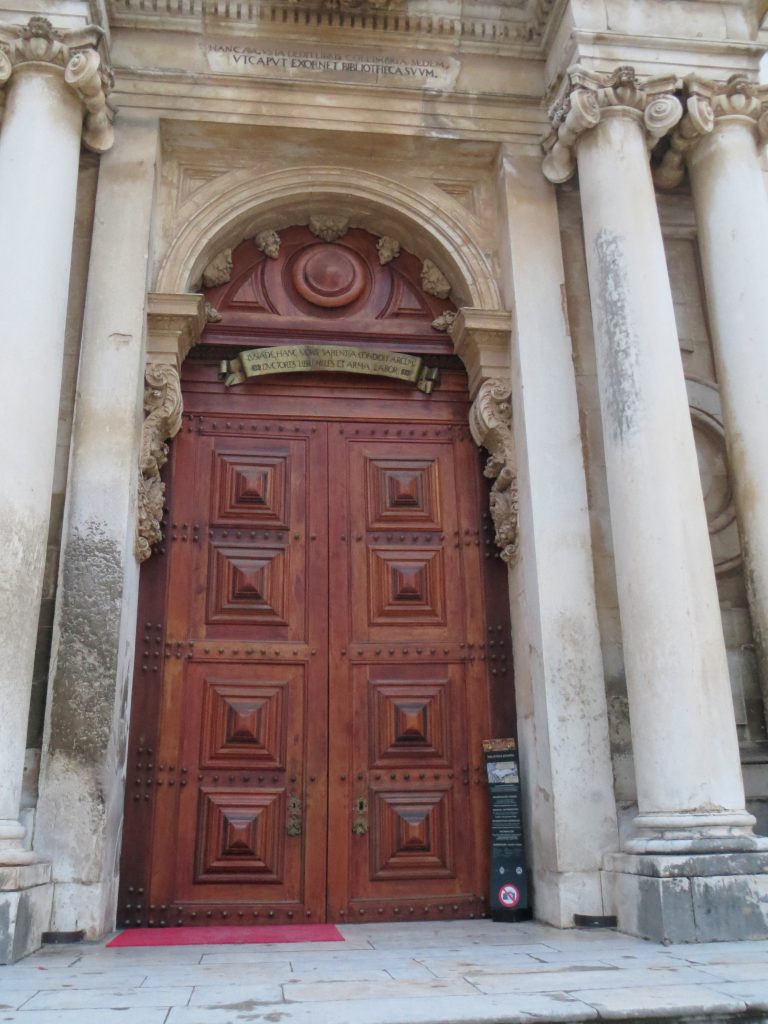If you discover my Twitter (@savio_wong) profile, you will read: I have two passions in life—travel and books.
The reason I take every opportunity to travel is that the world is my classroom. It affords me the chance to learn about others—their culture, history, and people. Earlier today, while stepping out of the post office at the Largo de Camões in Lisbon, I chanced upon a dozen young children in school uniforms, standing more or less in a line against the wall outside of the posh Bairro Alto Hotel. They were bookended by two adults who were scanning around like tiger mothers protecting their cubs. I think they were on an outing and waiting for their ride. The children were having a whale of a time: a few of them were shuffling around as if playing linear musical chairs; a couple of boys were sniggering over what appeared to be an inside joke; two girls were holding hands and chattering; and a few other girls were belting out a tune.
“This is it!” I thought to myself. Children, regardless of race, intelligence, or appearance, know the secret of life. Ironically, they just don’t know they possess it themselves. Often, it’s through children that I rediscover that others are no different from us. The ability of people to enjoy their carefree lives is not a function of their wealth or citizenship. I have also observed that other people, regardless of their social status, just like us, have their career aspirations and personal dreams. And just like us, they carry their daily responsibilities and burdens and want better lives for their families and themselves.
Through my travels, nothing pleases me more than encountering and appreciating the beauty of bookstores or libraries. They are the scriptoria for writing and depositories of learning. They remind me that what differentiates us from other species is our desire for knowledge, our curiosity about the unknown, and our quest for meaning. It has been said that with a good education, it only takes one generation for a disadvantaged person to unshackle their chains. And for a good education, books play a critical role.
For all the marvelous sites and cities I have been fortunate enough to visit over the years, this trip to Portugal, although a short jaunt by my standards, is glorious because, on two different occasions, it felt like I was standing on hallowed ground. In Porto, at the venerable Livraria Lello & Irmão Bookshop, I was mesmerized by the spiral stairway, the floor-to-ceiling bookcases, the ornate decorations, and the colorful stained glass window. Of course, there were books everywhere: shiny new books, drab used books, colorful coffee-table books, impressive-looking academic textbooks, beautifully bound first-edition books, and expensive antique books. The entrance to the bookshop is built to look like a castle, as it should be because once you step across the threshold, you are indeed entering ‘sacred’ ground. This is exactly what a perfect bookshop ought to be.
A day later, I found myself standing in utter stillness in the Main Room at the Biblioteca Joanina at the University of Coimbra, the oldest university in Portugal. I did not move a muscle because I wanted to — breathe slowly, observe purposefully — inhale it all. This library was finished in 1728 and contains 60,000 books, most of which were written in Latin. The official description of the building states that the library was “built as a parallelepiped in height to overcome the elevation difference.” This was the first time I saw one of my favorite mathematical words used in a sentence.
Before entering the library, I was greeted by the gigantic door topped by an ornate arch and framed by two sets of Ionic columns. The door was constructed with teak wood and kept shut as much as possible to keep the humidity out. Thick walls were used to ensure an acceptable internal temperature between 18-20°C. Once I entered, I was awestruck by the specially built floor-to-ceiling bookshelves. The material of choice was oakwood because it is extremely dense, making it difficult for bugs to penetrate. Atop all the shelves are gilded decorations. On the wall at the end of a long hallway sits a portrait of King João V, who glances down casually into this magnificent room. Once again, I felt I was entering a sacred space.
For me, the very moments that I chanced upon the school children at the Largo de Camões, that I crossed into the castle that is Livraria Lello & Irmão Bookshop, and that I stood motionless in Biblioteca Joanina were really epiphanies. These were the moments that reminded me, once again, of the wonders of travel.
March, 2015



